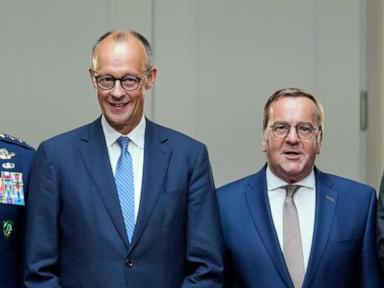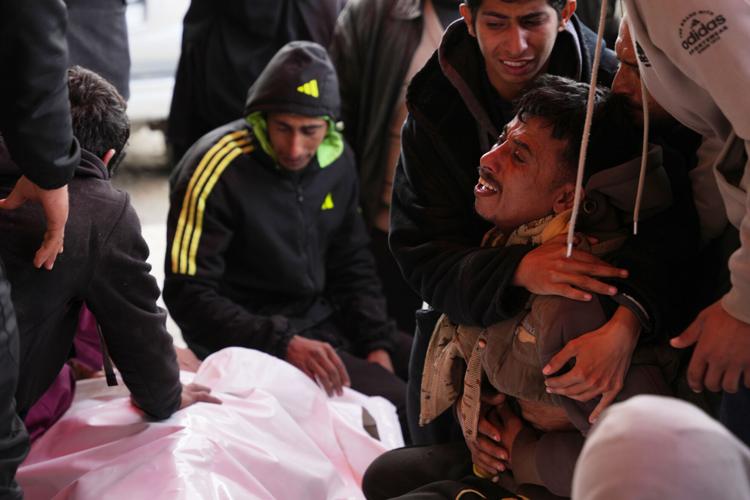
Germany’s government has initiated a renewed campaign to attract voluntary military recruits as it seeks to enhance its armed forces amid rising concerns over potential aggression from Russia. The announcement, made on Wednesday, reflects Germany’s commitment to modernizing its military capabilities since the onset of Russia’s full-scale invasion of Ukraine in 2022.
The country, a key member of NATO and the European Union, established a special fund of €100 billion (approximately $117 billion) to revitalize the Bundeswehr, its military branch. Much of this funding has been directed toward acquiring new equipment and strengthening defense capabilities. Chancellor Friedrich Merz has been vocal about his ambition for the Bundeswehr to become “the strongest conventional army in Europe.”
With approximately 181,000 active personnel at the end of 2022, the German government aims to increase this number to 260,000 active service members and an additional 200,000 reservists over the long term. “The Bundeswehr must grow — the international security situation, above all Russia’s aggressive behavior, makes this necessary,” stated Defense Minister Boris Pistorius. He emphasized that robust personnel numbers are essential for credible deterrence against potential threats.
Recruitment Strategy and Challenges
The new recruitment plan, which received approval from Merz’s Cabinet, seeks to attract personnel without reinstating compulsory military service, a system that was suspended in 2011. The strategy includes improved pay and conditions for short-term volunteers, as well as enticing training opportunities for those who commit for at least six months. Starting in 2024, the government will distribute questionnaires to young individuals turning 18, gauging their willingness to serve. By mid-2027, young men will be required to complete medical examinations, though these will not obligate them to enlist.
Despite the plan’s potential, it faces scrutiny within the governing coalition. Some members, particularly from the conservative faction led by Merz, have expressed concerns that the proposal lacks the necessary provisions to address recruitment shortfalls. Discussions have emerged about the possibility of reinstating compulsory service if voluntary enlistment fails to meet targets. Merz acknowledged this concern, stating, “The plan allows for the government to move toward compulsory service if, in the course of the next one, two or three years, we see that the target figures aren’t being reached.”
Political Dynamics and Future Outlook
Tension exists within the coalition, particularly between Merz’s conservatives and Pistorius’ center-left Social Democrats. Some conservative leaders, including Bavarian governor Markus Söder, have suggested that merely making the Bundeswehr more appealing may not suffice. Söder remarked, “I think there won’t be a way past compulsory service,” highlighting the urgency of the situation given the perceived threats from Russia.
The recruitment initiative still requires parliamentary approval, which will depend on further discussions among lawmakers. At a recent Cabinet meeting, NATO’s supreme commander in Europe, General Alexus Grynkewich, briefed ministers on the current security landscape, underscoring the pressing need for enhanced military readiness.
As Germany embarks on this new recruitment campaign, the effectiveness of these strategies will be closely monitored. The government is hopeful that by implementing these changes, it can achieve its personnel goals and strengthen national security in a rapidly changing geopolitical environment.






